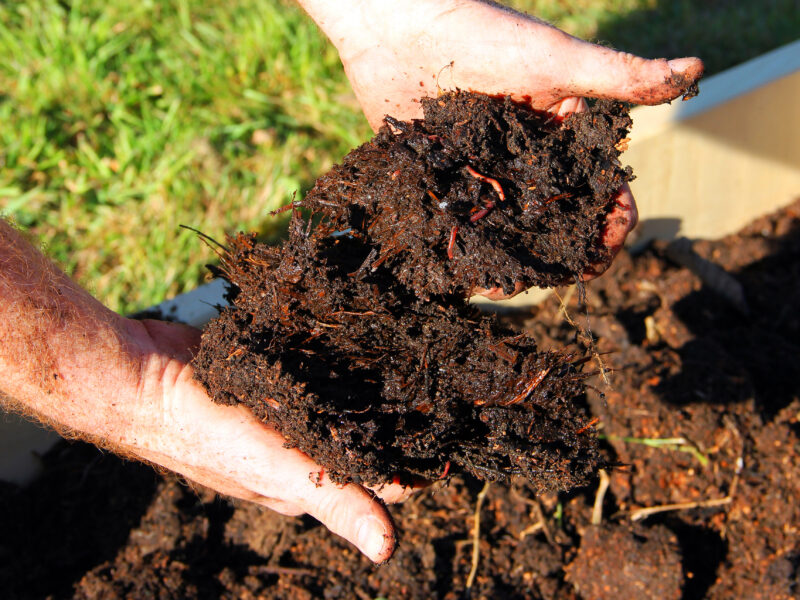The AltEn plant in the village of Mead has made ethanol from corn coated with pesticides for years. The results have been a disaster for residents and nearby farms. Dr. Charles Benbrook has spent the past 40 years trying to understand how farming systems impact food and health. He recently wrote a paper with Dr. Susan Kegley and Dr. Brian Baker comparing pesticide use and risk between organic and conventional farming systems. Dr. Benbrook joined OPN to discuss the key findings in the just-published paper “Organic Farming Lessens Reliance on Pesticides and Promotes Public Health by Lowering Dietary Risks,” which appears in the journal Agronomy and is open access. Traditional modern agriculture is not healthy for the planet, which is why more and more farmers are turning to regenerative agriculture. The latter relies on practices meant to emulate nature, so that farms aren’t just sustainable but actually beneficial for the land and the creatures that inhabit it. And while home gardens have much smaller eco footprints than acres of farmland, every little bit helps when it comes to the climate crisis—and your backyard garden can actually be made regenerative, too. The food you throw away can be transformed into rich soil amendment right in your backyard. Farmers in remote villages of J-K’s Rajouri take up organic farming, boost income. “A lot of people who lost their jobs to the covid-19 pandemic took training from us and began organic farming and are now earning a good livelihood. We are doing organic farming here are giving livelihood to others as well,” said Kartik Shama, an organic farmer.
Dead Bees, Sick Residents from Pesticide Pollution in Nebraska
The AltEn plant in the village of Mead has made ethanol from corn coated with pesticides for years. The results have been a disaster for residents and nearby farms.
How to Practice Regenerative Agriculture in Your Own Home Garden
Traditional modern agriculture is not healthy for the planet, which is why more and more farmers are turning to regenerative agriculture. The latter relies on practices meant to emulate nature, so that farms aren’t just sustainable but actually beneficial for the land and the creatures that inhabit it. And while home gardens have much smaller eco footprints than acres of farmland, every little bit helps when it comes to the climate crisis—and your backyard garden can actually be made regenerative, too.
Heartland Health Research Alliance’s Charles Benbrook, PhD
Dr. Charles Benbrook has spent the past 40 years trying to understand how farming systems impact food and health. He recently wrote a paper with Dr. Susan Kegley and Dr. Brian Baker comparing pesticide use and risk between organic and conventional farming systems. Dr. Benbrook joined OPN to discuss the key findings in the just-published paper “Organic Farming Lessens Reliance on Pesticides and Promotes Public Health by Lowering Dietary Risks,” which appears in the journal Agronomy and is open access.
Farmers in remote villages of J-K’s Rajouri take up organic farming, boost income
“A lot of people who lost their jobs to the covid-19 pandemic took training from us and began organic farming and are now earning a good livelihood. We are doing organic farming here are giving livelihood to others as well,” said Kartik Shama, an organic farmer.
https://in.news.yahoo.com/farmers-remote-villages-j-ks-041200135.html
A Guide to Composting: Turn Food Waste Into Garden Gold
The food you throw away can be transformed into rich soil amendment right in your backyard.
https://www.seriouseats.com/composting-guide-5185400









